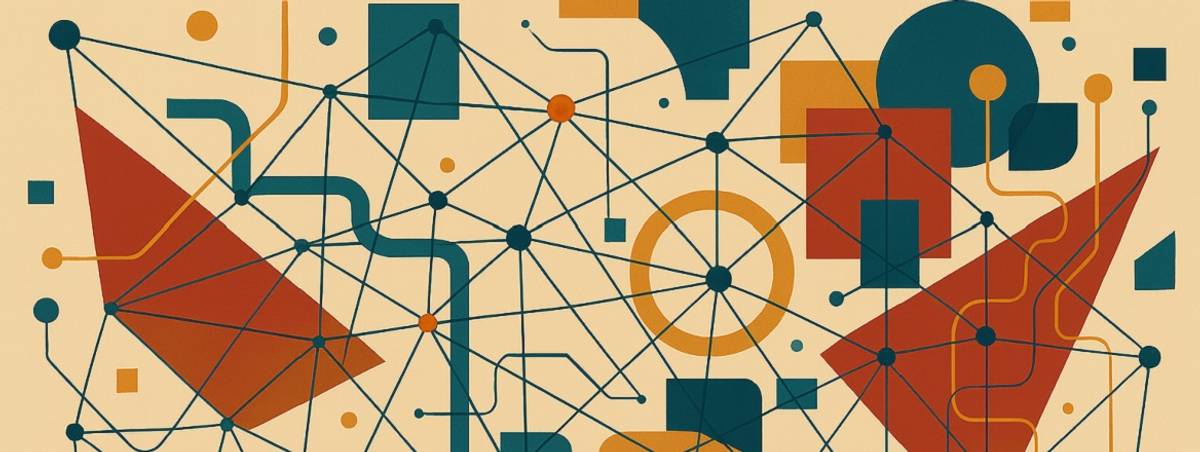Exploitation of Online Spaces and Emerging Technologies
This programme examines the various ways in which communications and communities are exploited, particularly emphasising the misuse of online platforms and new technologies.
Programme Introduction
The Terrorism and Conflict Studies team has carried out comprehensive research on the various methods by which communications, online communities, and emerging technologies are utilised, and the implications this has for policies and regulations in both the public and private sectors, as well as for practitioners involved in counter-terrorism and the prevention and countering of violent extremism (CT/PCVE).
Our research aims to develop strategies to address the risks and threats faced by communities in relation to communications, online environments, and emerging technologies.
Programme team
Dr Jessica White
Director of Terrorism and Conflict Studies
Terrorism and Conflict
Emily Winterbotham
RUSI Senior Associate Fellow, Terrorism and Conflict
Dr Joana de Deus Pereira
Senior Research Fellow
RUSI Europe
Dr Antonio Giustozzi
Senior Research Fellow
Terrorism and Conflict
Christopher Hockey
Senior Research Fellow
RUSI Nairobi
Michael Jones
Senior Research Fellow
Terrorism and Conflict
Claudia Wallner
Research Fellow
Petra Regeni
Research Analyst and Project Officer
RUSI Europe
Chris Goodenough
Programme Manager
Terrorism and Conflict
Isabella Vogel
RUSI Associate Fellow, Terrorism and Conflict
Timothy Kimaiyo
Threat Analyst | RUSI Consultant
RUSI Nairobi





















